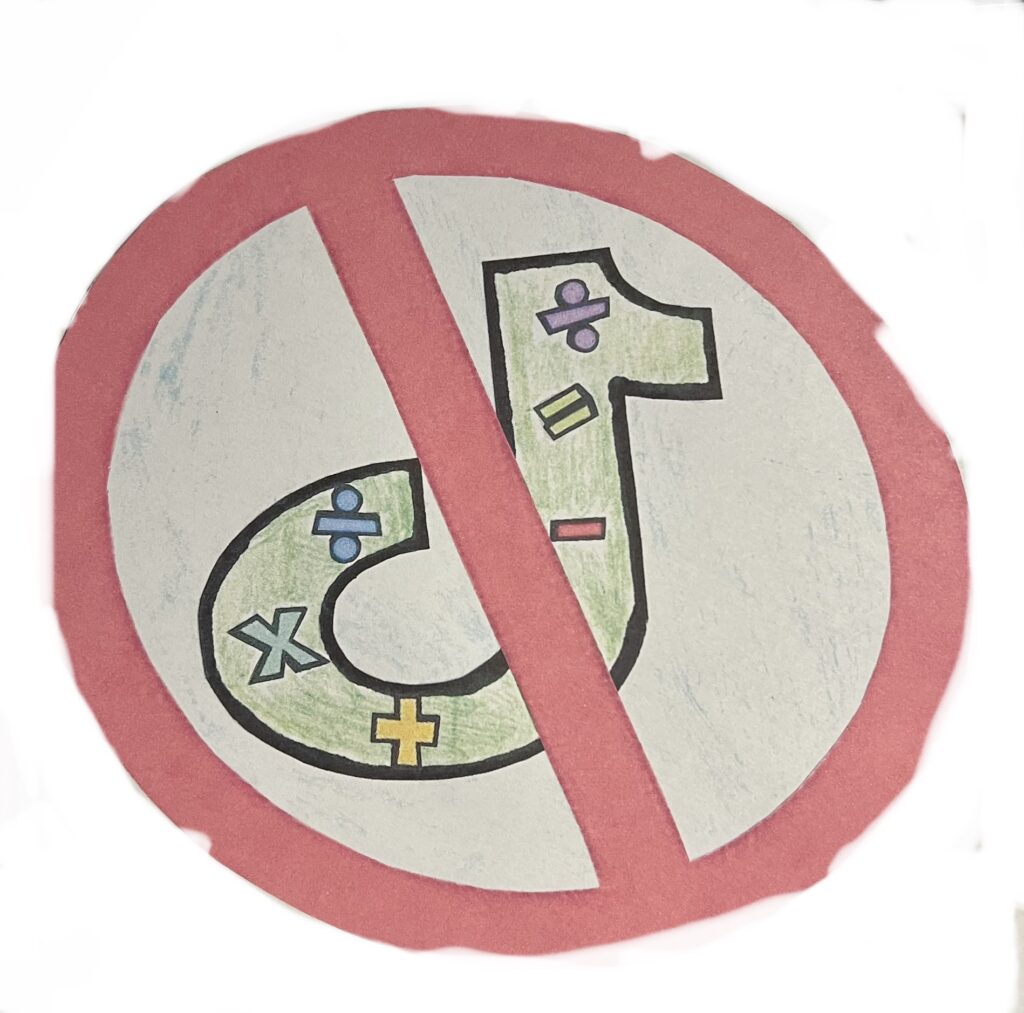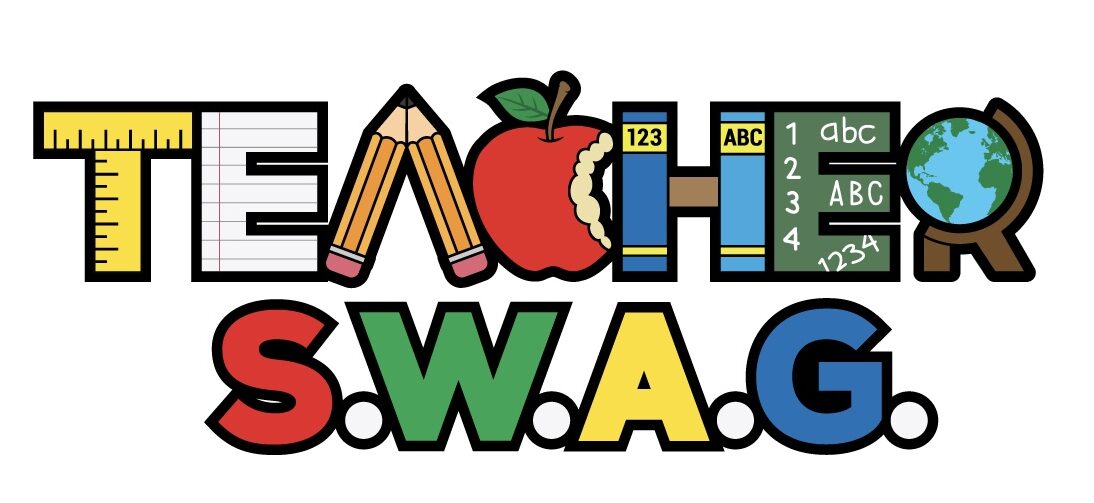
You pulled out the coupe at the lot
You were a “Savage.”
You “Tapped In.”
You swore you had “WAP.”
And now you’re sweating, hot, and playing with water.
BUT this math is NEW? Nah, we need answers.
Do you remember where you were when you fell in love with TIKTOK? You were so intrigued with the latest dance that it didn’t stand a chance. You practiced joyfully until you nailed the steps. Dips and splits, pro shit. Family gatherings, girls’ night, baecation, anywhere. Before long, you were “hittin” that.
Now imagine “hittin” that “new math” the same way. Family gatherings, girls’ night, or baecation is the perfect time to run those math problems past the group, all hands on deck. Wait, hear me out! Instead of telling your child’s teacher you do not know how to do the new math, why not imagine it’s a TikTok dance and practice it? Statistically, if you practice math as religiously as you practice that dance, you will achieve the same successful outcome, and your child’s academic attainment will “hit” differently.
If you are lost, let me help you. Parents often tell teachers that they are unable to help their children with math homework because it is “new math,” or they express how they are not good in math as if it’s hereditary. Parents often expect their children to “DO” their homework and turn it in because they may or may not have stated the expectation at some point. Sadly, if you express your concern surrounding their child’s academic progress when a student is performing below grade level, they either disagree or insist we’ll see change. But change rarely comes. At some point, that standard for achievement and effort has been set. For multiple reasons, parents often don’t do anything drastic to redirect the trajectory of their relationship with math and, ultimately, their child’s relationship with math. In their defense, “It may be hard to understand how my child is performing math as a 1st grader in 7th grade when he/she has a “C’and has maintained a “C” or even a “B” for years.” In their day, grades were an indicator of academic achievement. Some may walk away thinking, “It can’t be that bad”. They may spend a couple of nights after report card pickup talking about doing better, but eventually, they revert to the norm they’re accustomed to. Meanwhile, back at the farm, teachers are reteaching for dear life, hoping that the mandate from the latest professional development will be the game changer they have all been waiting for.
Before you call your people to complain about what I’ve said, let me share a couple of facts. According to IllinoisPolicy.org, “Nearly 80% of Chicago Public Schools students cannot read at grade level”, and “just 15% met proficiency in math.” You may be wondering, was it the pandemic? No. They go on to say prior to COVID-19 in 2019, 27% met proficiency in reading, and 24% met in math. I hope these statistics are alarming! If they are not, they should be. This is not about blaming but a call to action. Or, at the very least, me calling you down to the carpet. During the pandemic, many parents jokingly stated how hard it is to parentand “teach.” Many couldn’t understand why their children weren’t “getting” the work. Others had an “ah-ha” moment and committed to being more involved with their child’s learning. No matter where you fell in the fold, you had to come away with a new understanding of what it takes to educate your child, their learning and work habits, and their depth of knowledge in reading and math.
Where do we go from here? We dance! We pick a song, grab some scratch paper and pencil, and go to work. This may include TIKTOK, YouTube, Facebook support groups, family gatherings, etc. It has to be an all-hands-on-deck approach. A short yet sweet article by Danile T. Willingham, “Ask the Cognitive Scientist: Practice Makes Perfect – But Only If You Practice Beyond the Point of Perfection,” suggests the benefits of sustained long-term practice far outweigh short-term practice. How do we create sustainability practices only in school? Moving forward, don’t just ask your child if they completed their homework; do it with them or, at the very least, check it when they are done. Too many of you are surprised at what is not written on the paper, but we can change that.
